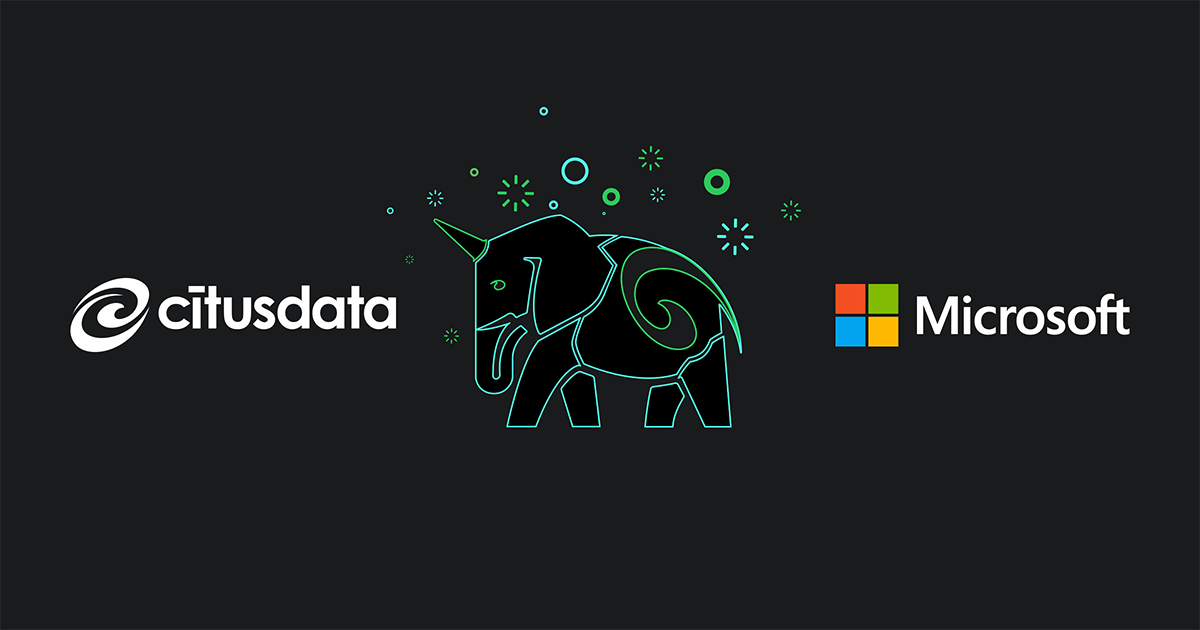For roughly ten years now, I've had the pleasure of running and managing databases for people. In the early stages of building an application you move quickly, adding new tables and columns to your Postgres database to support new functionality. You move quickly, but you don't worry too much because things are fast and responsive–largely because your data is small. Over time your application grows and matures. Your data model stabilizes, and you start to spend more time tuning and tweaking to ensure performance and stability stay where they need to. Eventually you get to the point where you miss the days of maintaining a small database, because life was easier then. Indexes were created quickly, joins were fast, count(*) didn't bring your database to a screeching halt, and vacuum was not a regular part of your lunchtime conversation. As you continue to tweak and optimize the system, you know you need a plan for the future and know how you’re going to continue to scale.
Now in GA: Introducing Hyperscale (Citus) on Azure Database for PostgreSQL
With Hyperscale (Citus) on Azure Database for PostgreSQL, we help many of those worries fade away. I am super excited to announce that Citus is now available on Microsoft Azure, as a new built-in deployment option on the Azure Database for PostgreSQL called Hyperscale (Citus).
Hyperscale (Citus) scales out your data across multiple physical nodes, with the underlying data being sharded into much smaller bits. The same database sharding principles that work for Facebook and Google are baked right into the database. But, unlike traditional sharded systems, your application doesn't have to learn how to shard the data. With Azure Database for PostgreSQL, Hyperscale (Citus) takes Postgres, the open source relational database, and extends it with low level internal hooks.
Keep reading 


